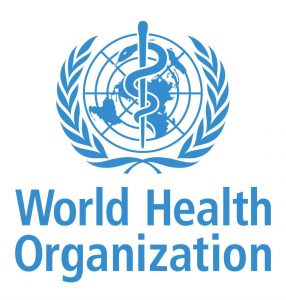World Mental Health Report: WHO

The World Health Organization (WHO) released the World Mental Health Report.
Highlights of the report:
- WHO has called for more action on addressing mental health issues worldwide, especially now that the ‘Covid-19’ pandemic has been cited as contributing to worsening mental health.
- Almost a billion people, 14% of whom were adolescents, were living with some form of mental health issues in 2019.
- For some, this resulted in dying by suicide which accounted for one in 100 deaths, with more than half of them happening before the age of 50.
- Depression and anxiety spiked 25 % in the first year of the pandemic (2020).
- All 194 WHO member states have adopted the Comprehensive Mental Health Action Plan 2013–2030 but progress has been slow.
- Other structural threats to mental well-being besides the pandemic include social and economic inequalities, public health emergencies, war and the climate crisis.
- Those living with mental health issues live some two decades less than the general population.
- Access to mental health services remains poor. Globally, 71% of psychosis patients don’t receive treatment.
- High-income countries provide treatment to 70% psychosis patients and low-income countries manage the same for just 12%.
- The WHO’s report lists three key ‘paths to transformation’ to quicken progress on the Comprehensive Mental Health Action Plan 2013–2030.
- These include more focussed investment in mental health, reshaping environments such as homes, communities, schools, workplaces and health care services that influence mental health and strengthening the quality of mental health care by diversifying it.




